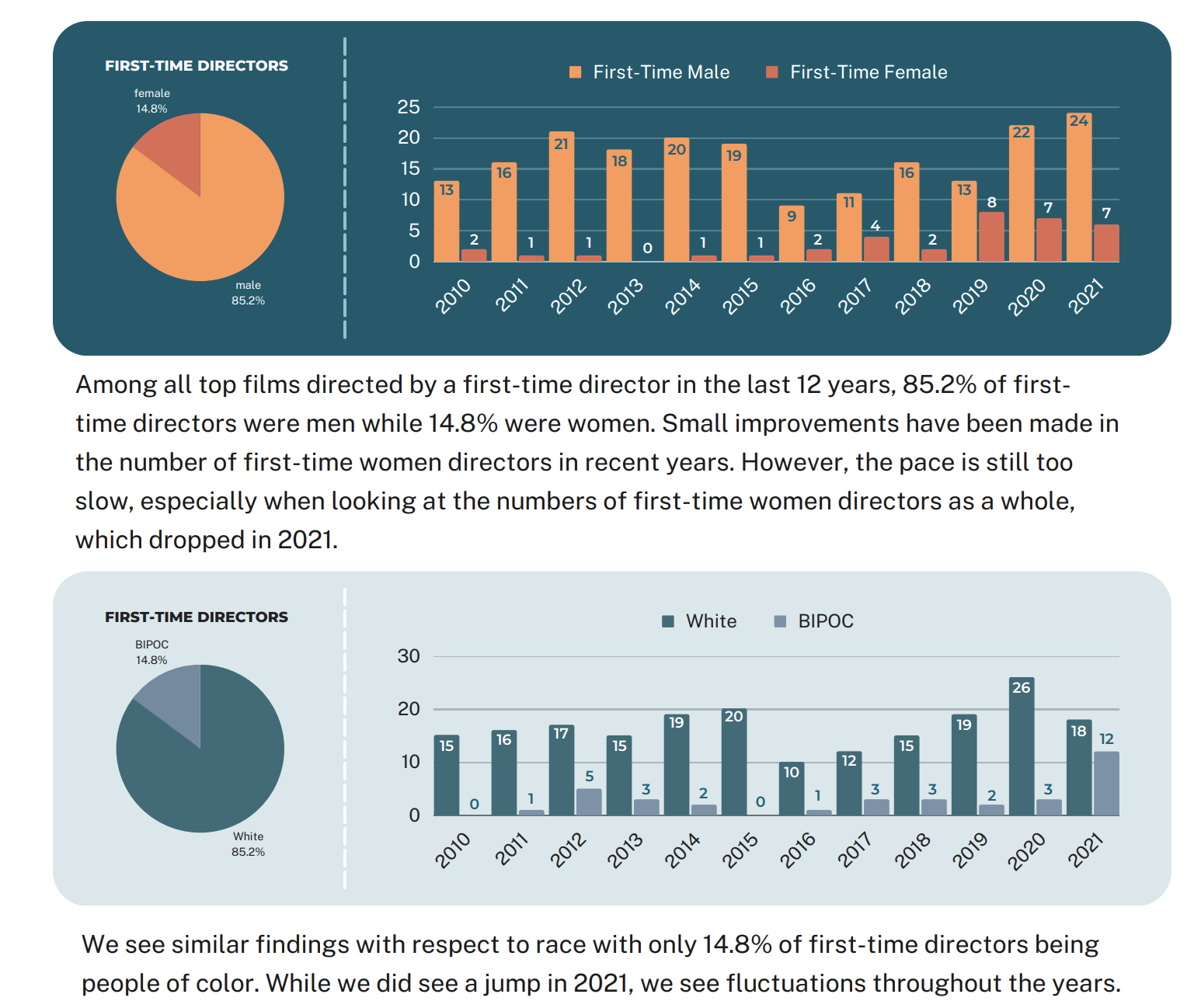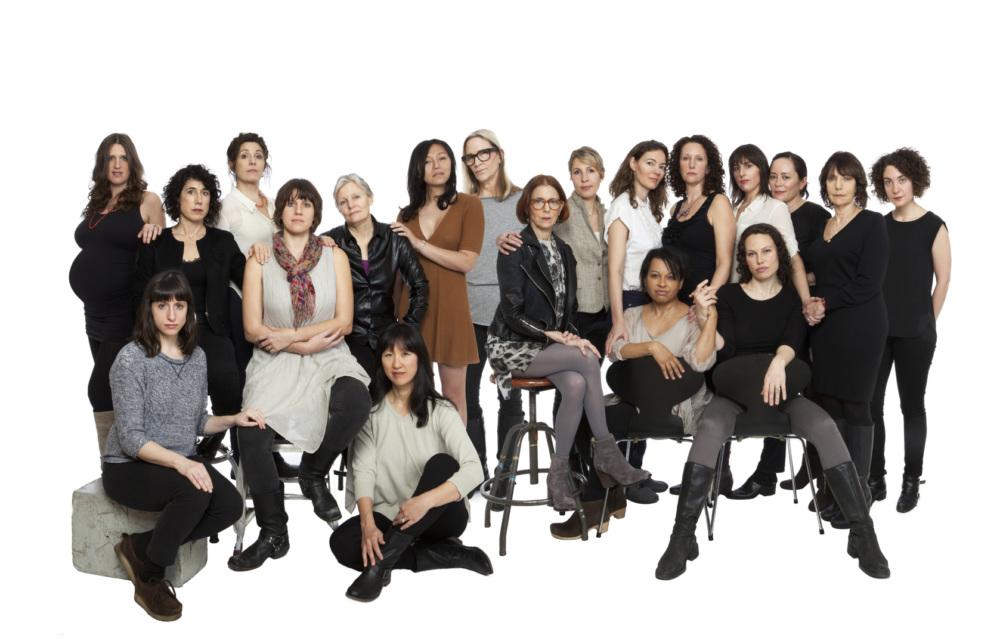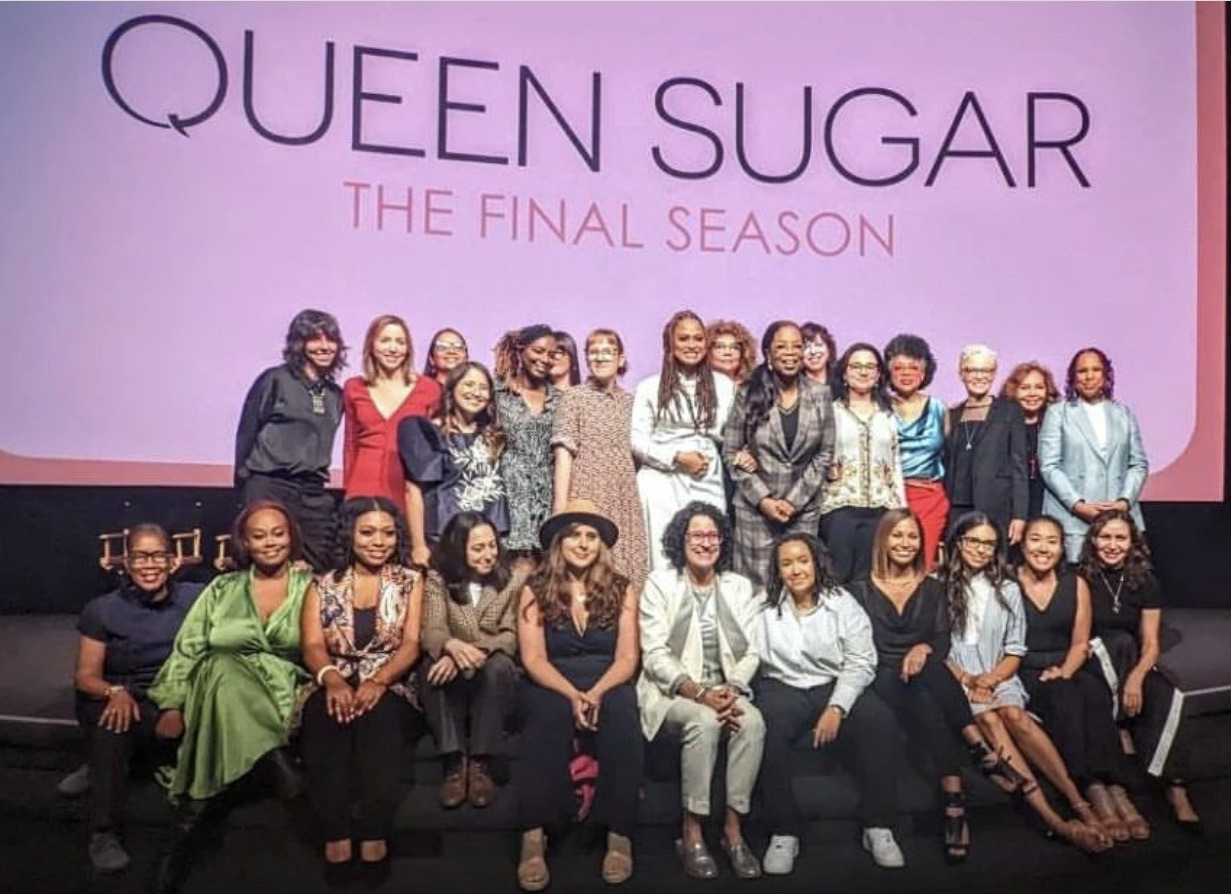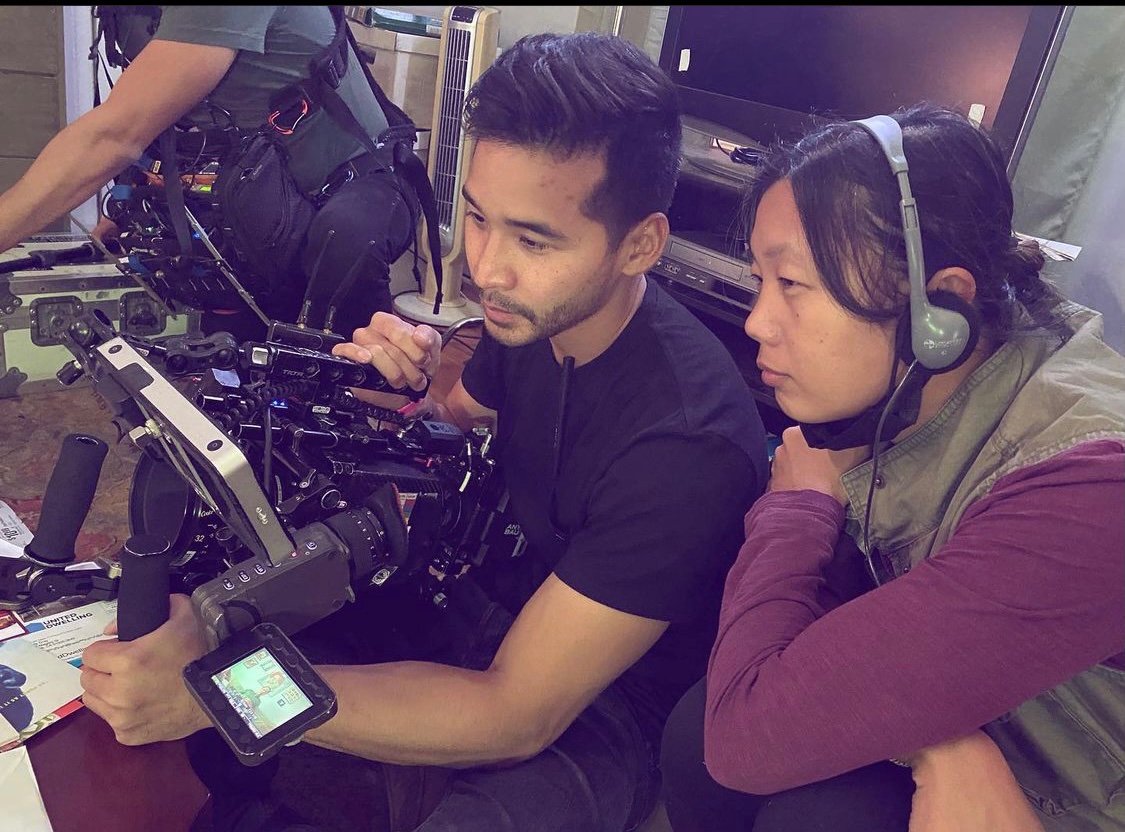The Critical First Shot: Research on Diversity Among First-Time Feature Directors
UCLA’s Center for Scholars & Storytellers 2023 study finds that feature directing opportunities are limited for both experienced and first-time underrepresented directors.
First-time directors are statistically no riskier than experienced directors. How do you break in when you need experience to get the job but you need the job to get experience?
Partner:


Based on the top 100 domestic box office earning films per year from 2010 to 2021, along with critical and audience reviews and production budget, the Center for Scholars & Storytellers 2023 study “THE CRITICAL FIRST SHOT: Accelerating Diversity in the Film Director’s Chair” analyzed the race and gender identities of 941 popular films, 232 of which were helmed by first-time directors.
For deeper insight on the challenges to equity in the director’s chair, CSS researchers conducted interviews with six first-time directors and six industry executives. This qualitative data provides a deeper understanding of the nuances of the directors’ journeys.
The study found that in the past 12 years, first-time directors from underrepresented groups (women and people of color) made up only 26% of first-time directors. 4.8% of these directors were women; 16.3% were BIPOC.


Read the Report“Given the perception that first-time directors are risky, studios are more likely to hire experienced directors. However, in order to become a studio feature director to begin with, it is inherent that at some point there was a ‘risk’ taken on that director. We found that experienced directors made up an overwhelming majority (approx 77%) of all major feature films.”
Given that studio feature films usually have the largest production and marketing budgets, both of which are highly correlated to box office success, directing a studio movie is one of the chief pathways to commercial success. Commercial success is a frequent prerequisite for ongoing future opportunities. In other words, becoming a first-time studio feature director is a critical step to securing the next feature job.
This study answers the question, “are these currently limited opportunities (i.e. directing your first major studio film) equitably afforded to women and people of color?” with a resounding no.

The industry does not need additional DEI stats; we need action. So how do we use this data to drive change?
- Set specific hiring goals for underrepresented first-time directors in your slate, and tie them to executive incentives
- Check your biases around which films women and BIPOC want to make, and are capable of making
- Invest in pipeline programs and initiatives that guarantee job opportunities for underrepresented directors versus ones that simply mentor them

Read the Report“There’s something about new talent that often is not appreciated enough. The powers that be are so hell bent on the safety of it. Diversity and talent are not exclusive. Diversity doesn’t equal risk, which a lot of people often say and it’s not true.” -Female executive, 30+ years of experience



